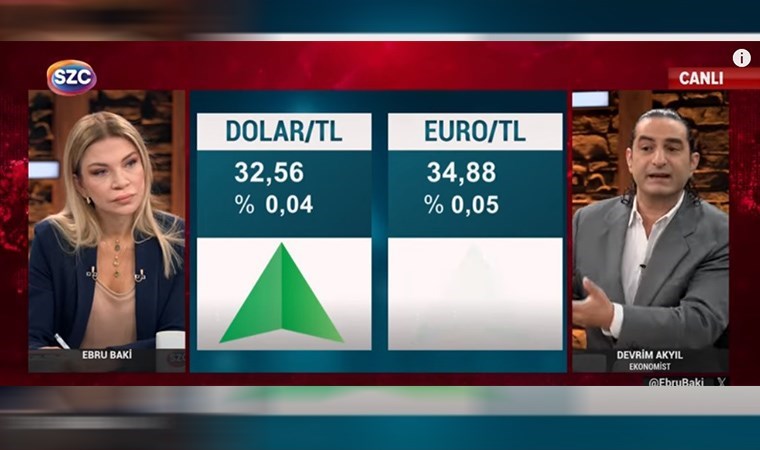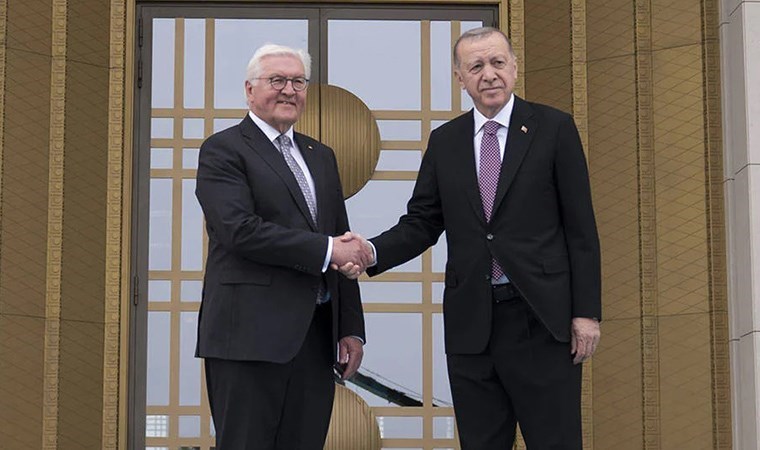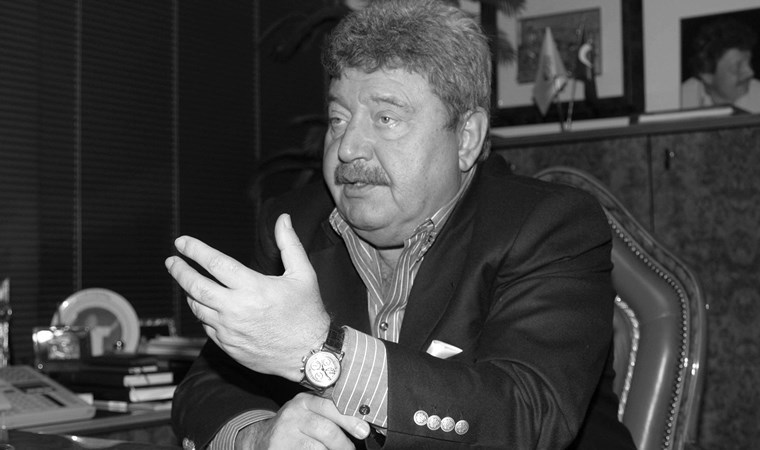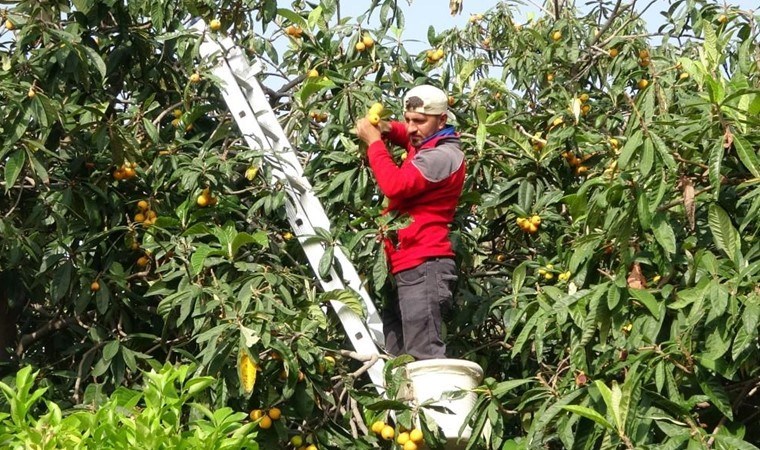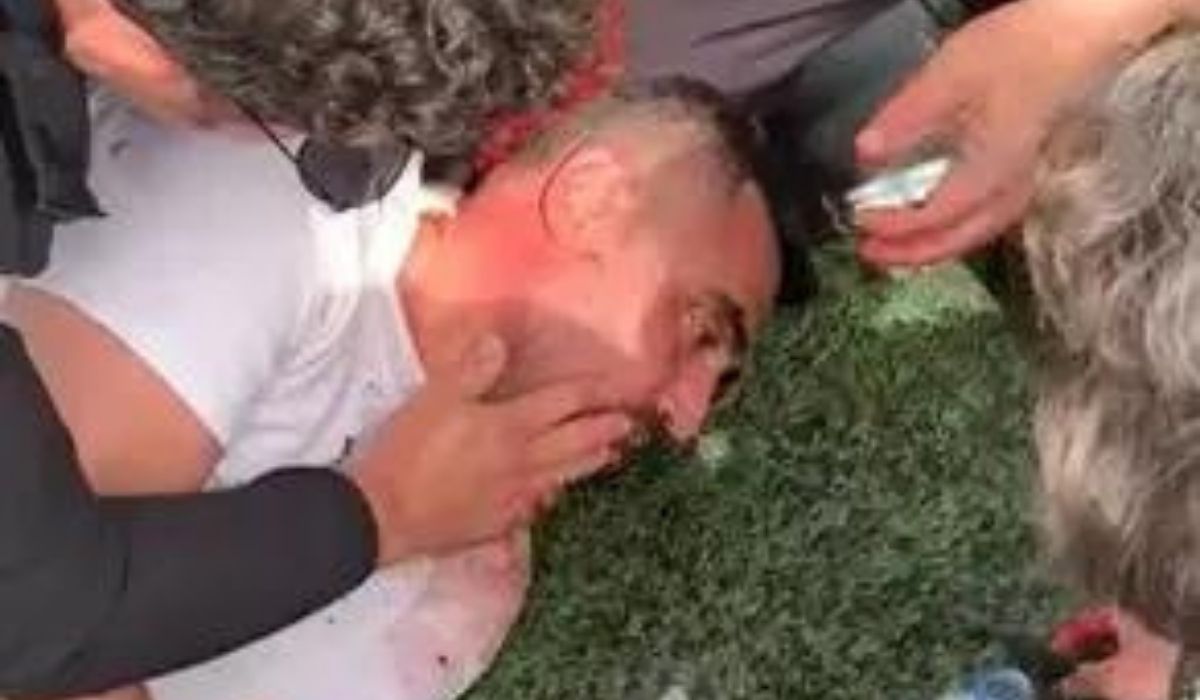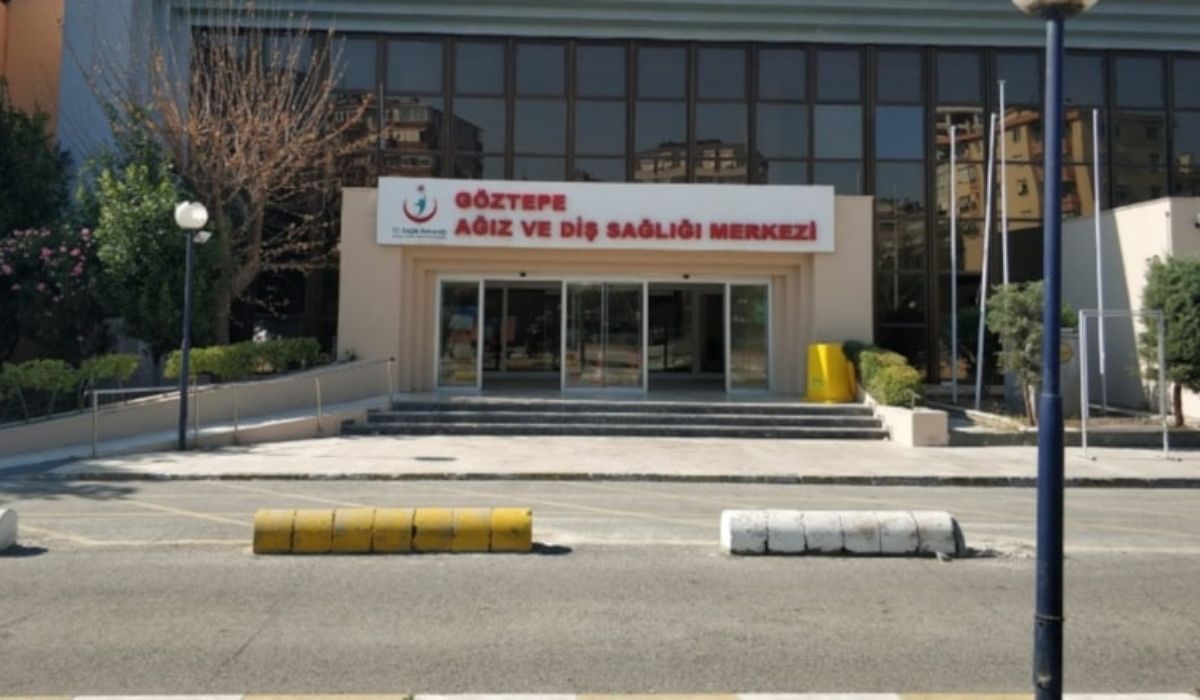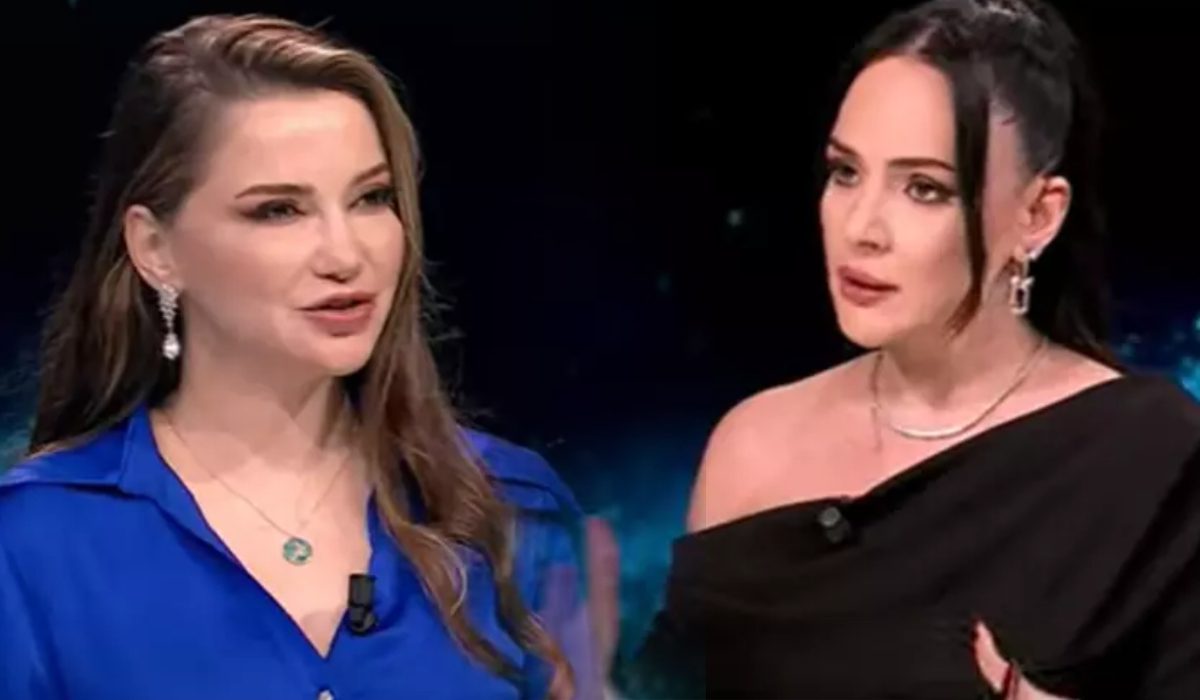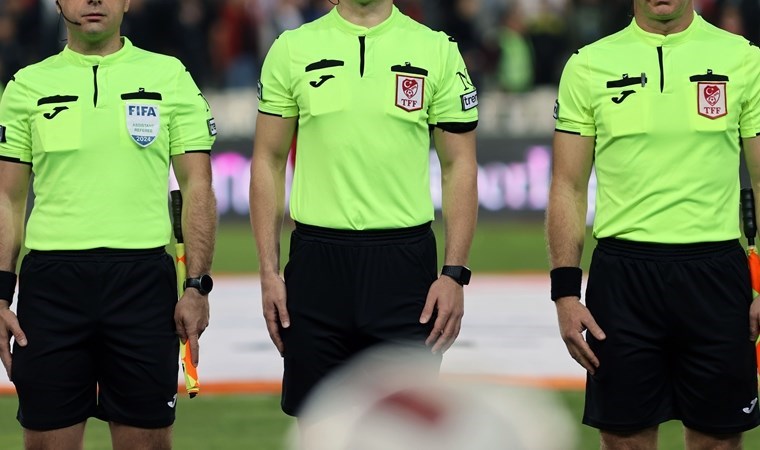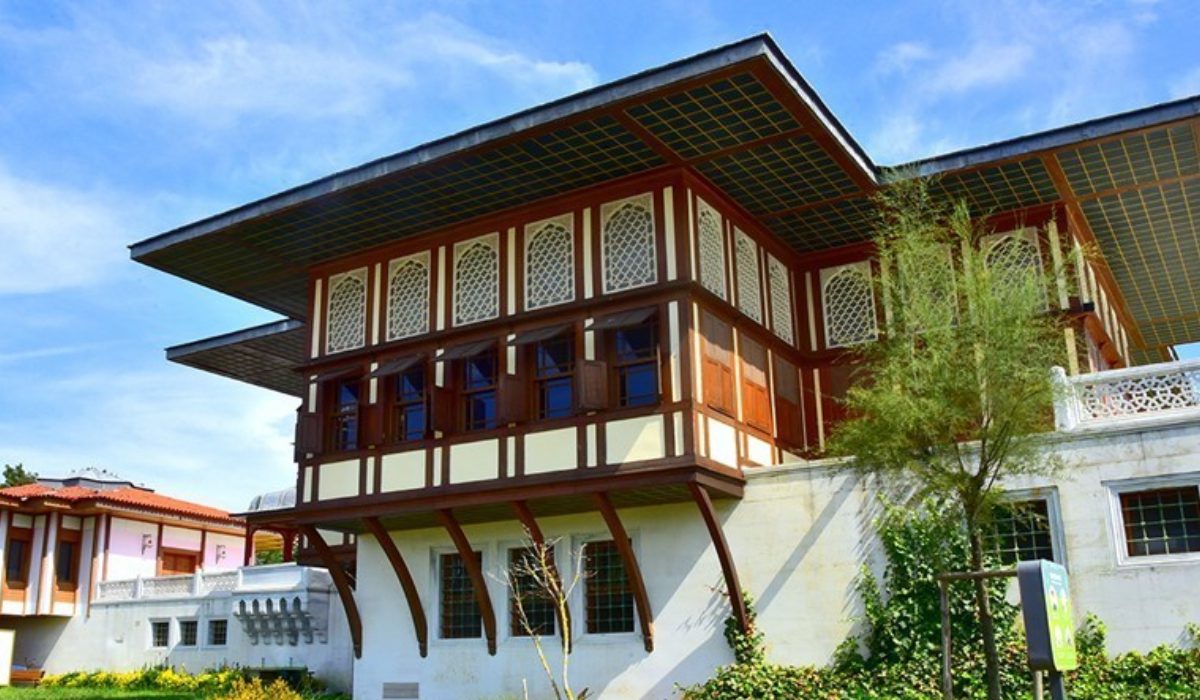“Kurdistan” ban pours petrol on the fire
By Tayfun Atay
I mentioned this months ago. About a proposed change to the rulebook whereby members of parliament would be fined if they said “Kurdistan” in their speeches to parliament.
The proposed amendment was passed and HDP Şanlıurfa MP Osman Baydemir has become the first “victim”.
Beydemir, while making a speech in parliament about the detained HDP MPs, made the comment, “I, as a child of the Kurdish people and a representative hailing from Kurdistan.”
The result was his expulsion from parliament for two sessions and a fine of around 12,000 lira. This is a perennial debate, or more correctly, “issue”.
Moreover, it is an issue that in the past led to horrific, painful and wrecking consequences thanks not only to the word “Kurdistan”, but also “Kurd” and “Kurdish”.
Sociologist İsmail Beşikçi was robbed of his life for using the words “Kurd” and “Kurdish”, never mind “Kurdistan”.
“Change and Structural Problems in the East (The Nomadic Alikan Tribe)” and “The Order of East Anatolia”. In these books, both published in 1969, sociologist Beşikçi drew attention to Turkey’s “Kurdish phenomenon” from within ecological, economic, demographic, cultural and political frames while also displaying ethnological/anthropological methodological sensitivity.
The price he paid was a process of imprisonment with him forever getting out and landing back in that started in 1971 and came to a final end with the conditional release law in 1999. In total, the scholar Beşikçi spend seventeen years and three months of his life actually in prison.
For having spoken of “Kurds” and “Kurdish”.
For, in those days, there were no Kurds! They were, if anything at all, “Mountain Turks”!
Turks living in high places and snowy regions were called “Kürdaks”!
The name Kurd came from the “kart-kurt” sound emitted by their shoes when these “Turks” walked through the snow in the mountains!
Kurd was the name given to crushed snow!
By the same token, Kurdish, too, was non-existent. It was forbidden to speak Kurdish and there were punishments for those who did.
In essence, this process that started to coagulate in the 1960’s and came to a peak in the 1980’s continues today in the very form of this “Kurdistan” debate, argument, ban and punishment. Whatever the dictators of the 12 September regime felt when “Kurd” or “Kurdish” was said and whatever they saw fit for the utterers, those with dictatorial ambitions today adopt the same attitude towards those who mention Kurdistan. You had to take care not let the word “Kurd” slip from your lips in the 1980’s. What has happened from that day until today to the status of the word “Kurd” and the Kurdish language? Take a look. There is even an official station broadcasting in Kurdish.
Now, out of a political hang-up and ideological adolescence redolent of decades earlier, we are being goaded into avoiding the use of the word “Kurdistan”, which refers to an “anthropological” reality, as if a wasp were going to bite our tongues.
It is in fact pretty simple: Kurdistan is the place where Kurds live. The place where, historically, en masse, by way of majority, they live.
Take a look at the suffix “istan” (“sitân”) deriving from Persian and the meaning it adds. This more than suffices to aid comprehension.
“Istan” is a suffix that serves to create words showing location, like gülistan for rose-garden, Lazistan where the Laz live, or Turkistan.
Is there a country or political reality called Turkistan? There is not.
So, is there a geographic, cultural and anthropological reality called Turkistan? Yes.
Are you able to make mention, frequently, comfortably and trippingly, of this without feeling any concern? Yes on this count, too.
There is an Afghan Turkistan, Iranian Turkistan and Chinese Turkistan, that is Eastern Turkistan.
Should a Chinese object to your saying, “Eastern Turkistan”, do you not say, “Get lost?” You do.
But you are setting out to crack down on those who say “Kurdistan”, just like you did yesterday on those who said “Kurd”.
Just as there is an Iranian Turkistan in Iran, there is an Iranian Kurdistan, too.
There is also an Iraqi Kurdistan and a Syrian Kurdistan.
So, there is also a Turkish Kurdistan. This is an expression that corresponds to a cultural and anthropological reality within a political reality.
That is, Turkey has a Kurdistan.
Indeed, Baydemir also added the following, having precisely this meaning, when he readdressed parliament: “It is not and should not be a crime to call Kurdistan Kurdistan. Kurdistan is one part of the whole.”
The whole is Turkey.
Kurdistan is part of it.
With you placing bans and penalties on the word “Kurdistan”, which is part of Turkey, you are not protecting integrity but inviting the demolition of integrity.
The word “Kurdistan” is essentially a fire extinguisher.
Basically, banning it is to pour petrol on the fire!

En Çok Okunan Haberler
-
 CHP'ye yeni transferler: Rozeti Özel takacak
CHP'ye yeni transferler: Rozeti Özel takacak
-
 Tartışmalar sonrası istifa etti! Yeni CEO eşi oldu
Tartışmalar sonrası istifa etti! Yeni CEO eşi oldu
-
 Canlı yayında 'dolar' tartışması: Tansiyon yükseldi
Canlı yayında 'dolar' tartışması: Tansiyon yükseldi
-
 Yandaş ‘gazeteci’den tepki çeken çıkış
Yandaş ‘gazeteci’den tepki çeken çıkış
-
 Mevduat hesaplarında yeni dönem
Mevduat hesaplarında yeni dönem
-
 Erdoğan ve Steinmeier'ın diyaloğu gündem oldu
Erdoğan ve Steinmeier'ın diyaloğu gündem oldu
-
 'Müzakere edilmez!'
'Müzakere edilmez!'
-
 'Şu an Cumhur İttifakı'nda mısınız' sorusuna yanıt
'Şu an Cumhur İttifakı'nda mısınız' sorusuna yanıt
-
 Mehmet Ali Yılmaz evinde ölü bulundu!
Mehmet Ali Yılmaz evinde ölü bulundu!
-
 Mersin’de hasat erken başladı: Kilosu 45 TL
Mersin’de hasat erken başladı: Kilosu 45 TL


